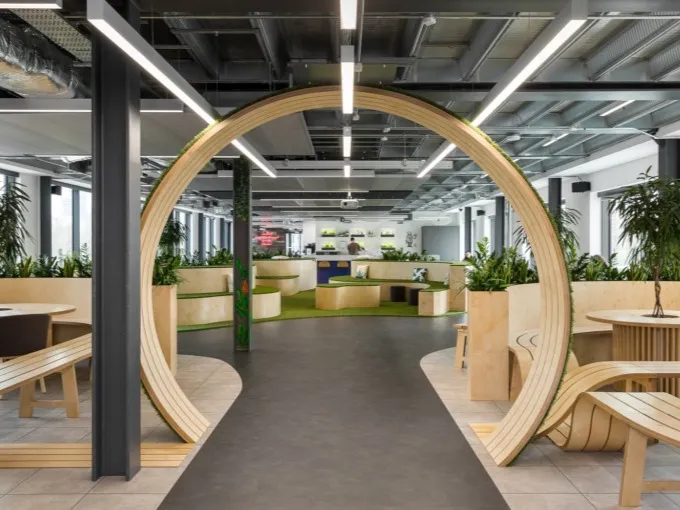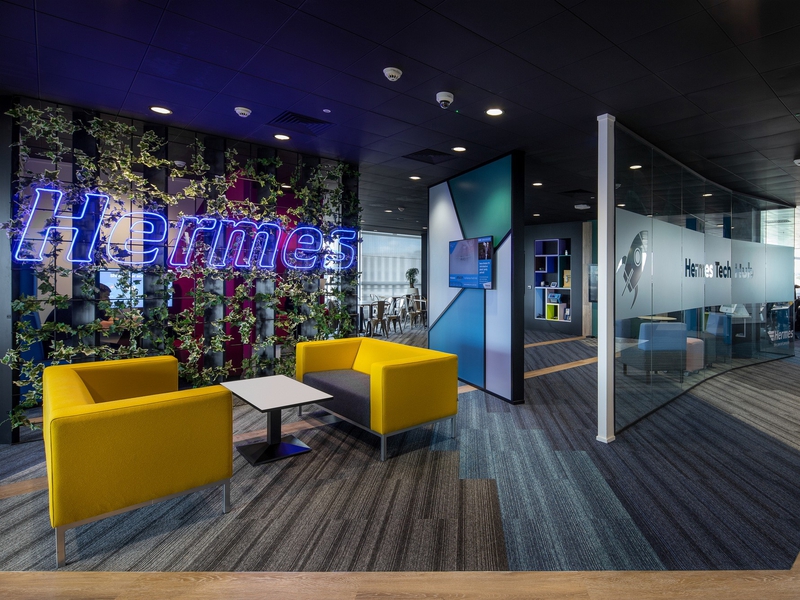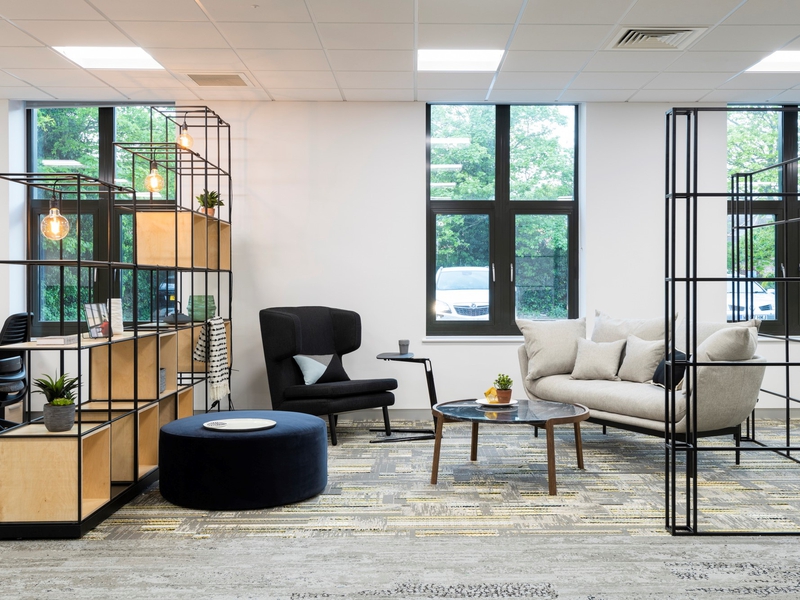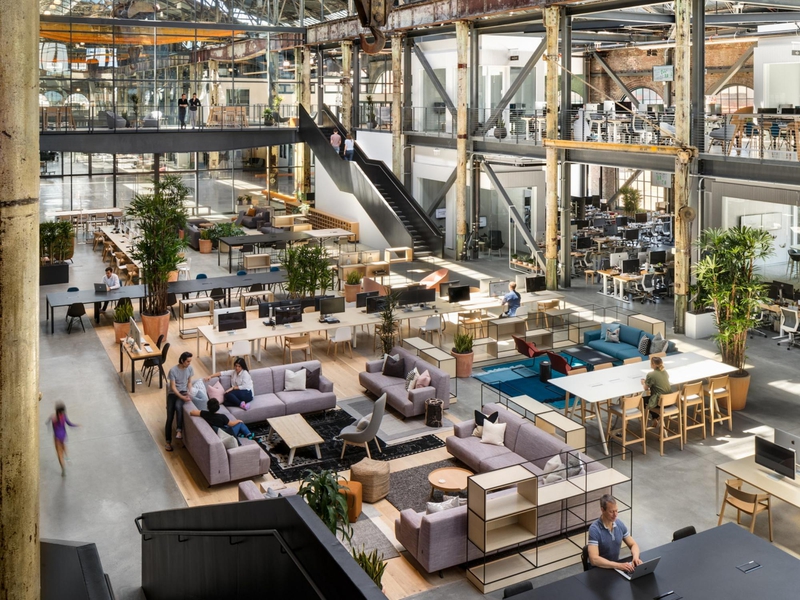
8 Ways to Use Data to Improve the Employee Experience
A look at how gathering data and analysing it enables companies to improve their employee experience and raise levels of workplace comfort and satisfaction.
Improving employee experience helps to increase productivity, reduce turnover and attract the best talent. So in this blog we’ll be looking at how gathering data and analysing it using a mixture of common sense, algorithms and AI (artificial intelligence) enables companies to improve their employee experience and raise levels of workplace comfort and satisfaction. Today’s connected workplace provides huge amounts of useful data: allowing us to better understand how an office is really being used, and in which ways it can be improved.
1. Regular Surveys
Good companies improve their employee experience by taking inspiration from those that understand it best: their employees. Surveys are key to this. Managers should stay in constant communication with staff through regular pulse surveys: meaning quick, short surveys that crowd-source opinion and take the pulse of how everyone’s feeling throughout the year. It’s important to know the pulse of the team at large; and luckily, smart phones make pulse surveys much easier to organise than before.

2. Mood Detection
New tools can also help organizations to gauge the real-time mood of staff without surveys, by analysing word patterns and use of emojis in communication. For instance, Vibe is an algorithm that tracks keywords and emojis in Slack conversations to measure the overall vibe: happy, sad, stressed, annoyed and so on. If the mood takes a downturn, it’s time to act.

3. Wellbeing Apps
The new generation of wellness and fitness apps helps staff to stay mentally and physically fit. For instance, the Headspace meditation app is great for lowering stress levels and helping users to focus on the task in hand. These apps help to provide a healthy work-life balance, and so a better employee experience.

4. A More Personalized Workplace
By using data gathered from workplace sensors and devices, smart offices can automatically adjust lighting, temperature, sound and privacy levels according to individual preferences. Our workplaces can come to know us personally and offer everybody inside a more personalized experience.

5. A Smarter Workplace
Going a step further, real-time data analysis will allow AI-enabled workplaces to learn for themselves how different conditions affect the way we work. Over time they’ll learn how just the right amount of natural light, the most optimally distant views and the most harmonious acoustics allow for the clearest thinking and creativity—and then adjust conditions accordingly.

6. Smart Assistants
We already have helpers like Siri. Soon we’ll have personalized AI assistants to take care of monotonous, time-consuming tasks for us, allowing us to focus instead on what we do best: like more creative tasks, or collaborations with others.

7. VR Training
VR (virtual reality) training tools empower employees to learn new skills, and so help further their careers, in a more enjoyable and engaging way than older and more traditional methods.

8. Consumerized HR
Lastly, AI is set to transform how we experience HR (human resources). The goal is a “consumerized” employee experience in which nearly all of the services a HR department provides will be taken care of by an AI-driven chatbot that’s available online around the clock, every day, to give personal responses to employees. Not only will queries be taken care of more quickly and efficiently, but HR employees will also be free to focus on more important tasks; such as hiring the brightest talents, or providing pastoral care.

HR will be improved in other ways too. The new software program KangoGift can track job performance and feedback and provide insights about individual employees in real time. It can, for instance, let you know when a staff member could use some encouragement, or a genuine thank you from management, so that nobody goes overlooked or feels underappreciated. Other data-analysis tools can help identify unconscious bias, so that nobody’s fired or promoted unfairly. And furthermore, startups like Fuel50 and Gloat are developing AI to provide personalized career plans with customized recommendations on how to advance your career.
Clearly HR is undergoing something of a revolution. “Peering five or ten years down the road,” says Forbes, “the promised land is a comprehensive, personalized, artificially intelligent employee portal.”







Pour son nouveau Labo Technique à Leeds, Evri avait besoin d'un espace vivant, à haute-technologie et conçu pour attire…
SERVICES PROFESSIONNELS

Pour leur nouveau siège social à Beaconsfield, Inland Homes a travaillé avec Hunts Office pour créer un espace de trava…
IMMOBILIER

Gusto, la start-up basée à San Francisco, en collaboration avec les architectes de classe mondiale Gensler, a créé de g…
TECHNOLOGIE & INFORMATIQUE